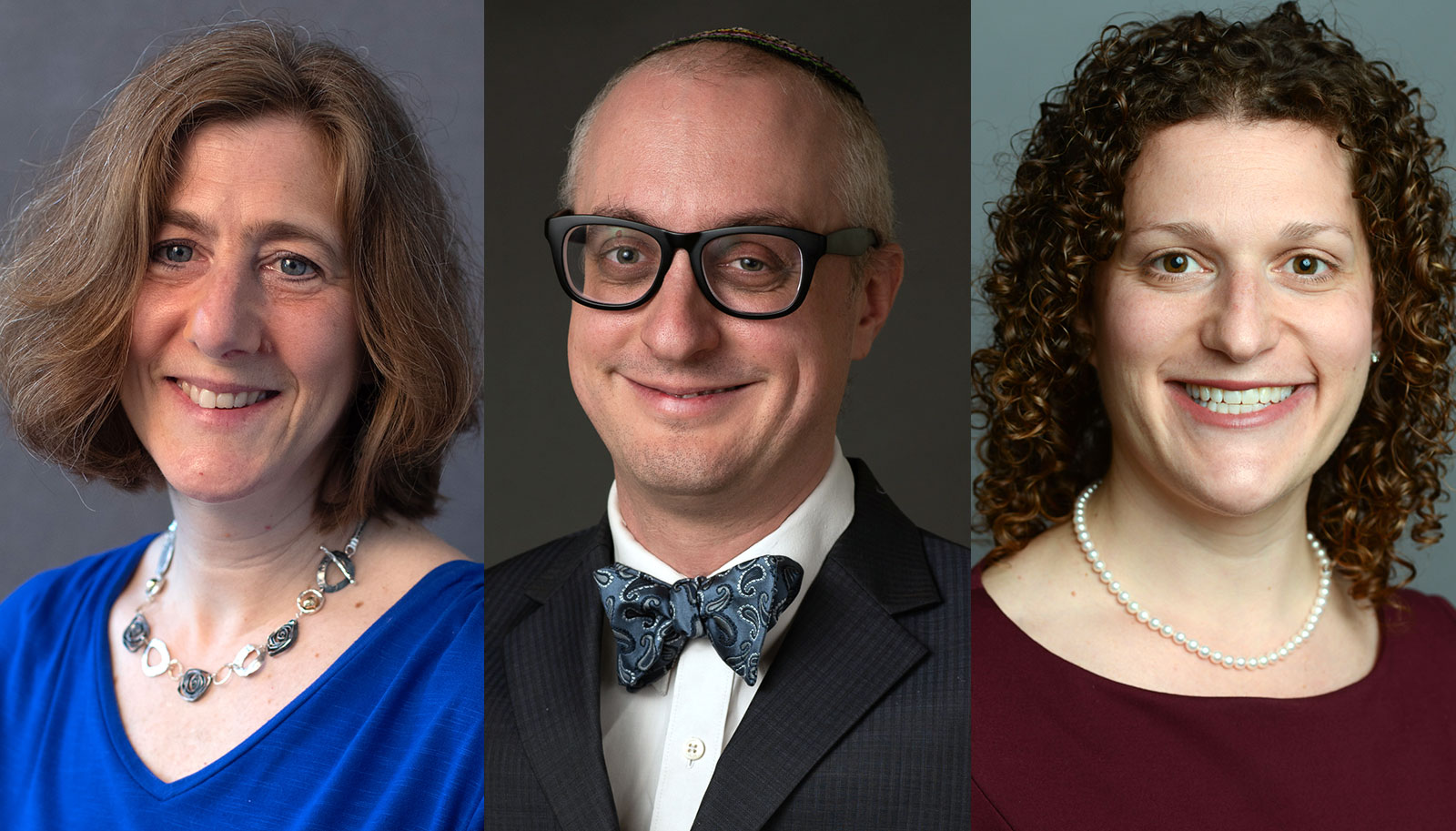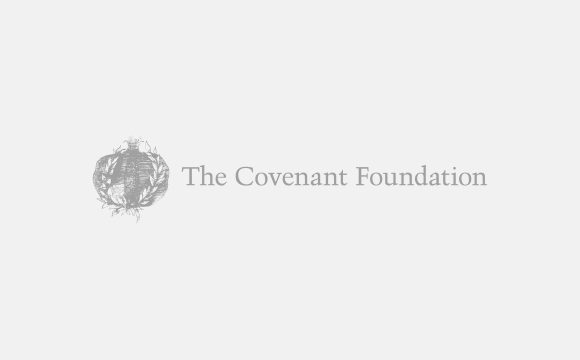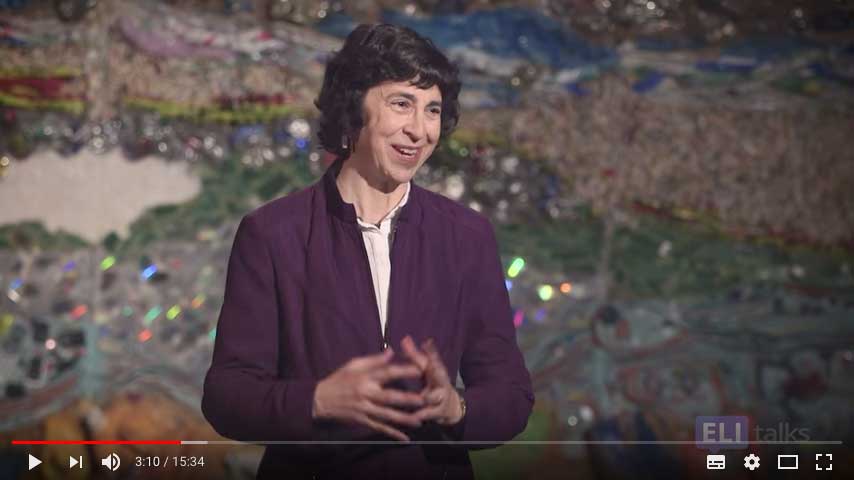The Covenant Foundation Names 2013 Award Recipients for Excellence in Jewish Education
Howard Blas, Director of the Tikvah Program at Camp Ramah in New England; Judy Finkelstein-Taff, Head of School at the Chicago Jewish Day School; and Zion Ozeri, Founder and Creative Director of The Jewish Lens in New York, were named today by The Covenant Foundation to receive the Award, among the most coveted honors in the field of Jewish education.
Eli N. Evans, Chairman of the Board of Directors of The Covenant Foundation, lauded the 2013 recipients for their drive and commitment, and the diversity of venue, experience and effect that they represent.
“The programs they have initiated, the institutions they have enriched, and the influence they have had on their students, their peers, and the community at large is enormous,” he said. “They do not share one denomination, one pedagogical approach, or one type of classroom. But each one, each day, proves that Jewish education across the spectrum of ages and venues are catalysts for individual and community growth, strength and future.”
The three recipients join 66 other Jewish educators honored with a Covenant Award since the Foundation established the citation in 1991. Each will receive $36,000, and each of their institutions will receive $5,000.
The Foundation and the Jewish community will honor them on October 27 at a gala dinner and awards ceremony in Chicago.
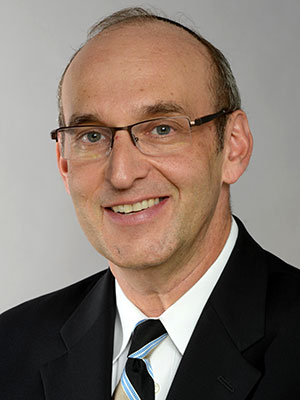 Howard Blas, Director of the Tikvah Program at Camp Ramah in New England, is driven by a passion for inclusive community – one that embraces and offers Jewish educational opportunity and growth to all, including those with developmental disabilities and their families.
Howard Blas, Director of the Tikvah Program at Camp Ramah in New England, is driven by a passion for inclusive community – one that embraces and offers Jewish educational opportunity and growth to all, including those with developmental disabilities and their families.
At Camp Ramah in New England, where he has headed the Tikvah Program since 2001, Blas leads an eight-week overnight camping program for 60 campers with special needs, fully integrated within a summer camp attracting 800 children and teens.
He has widened the portal for youth with developmental disabilities and their families to enter and thrive in a Jewish educational environment and set them on a course for life. He has also elevated Camp Ramah in New England as a national model of what Jewish educational inclusiveness can look like and how it can thrive and grow to the benefit of the entire community.
“Howard is a transformative leader and teacher,” said Shira Arcus, coordinator of the National Ramah Special Needs Network, who nominated Blas for The Covenant Award. “He envisions people with special needs integrated into the fabric of Jewish life and does not hesitate to challenge assumptions to attain that goal. He inspires everyone in our community to see each other b’tzelem Elokim, in God’s image.”
The Tikvah Program at Camp Ramah in New England was established four decades ago, when the concept of inclusion in the Jewish or general communities was largely theory. Blas has taken the program into new territory, programmatically and geographically, and has become a major communal voice and advocate for the issue within the Jewish community.
An in-cabin inclusion program, designed and implemented by Blas, integrates campers with special needs into typical bunks, immersing them into the full camaraderie of the summer camp experience and promoting assimilation and friendships across the greater camp population.
He has expanded the camp’s vocational training programs to give campers with special needs a sense of purpose and to equip them with marketable skills to bring to the outside world. Under Blas’s leadership, the Tikvah Guest House opened as a six-unit hotel facility at the camp, and as the main accommodation for visitors, is operated exclusively by young adults with developmental disabilities.
And he has moved to sustain the community beyond the summer months, creating year-round programming for campers with special needs and their families to maintain Jewish connection and decrease the isolation that can often exist. He pioneered Ramah’s “Shabbos is Calling” initiative, a weekly videoconference for Tikvah campers with special needs, their families and staff.
He has led multiple educational tours of Israel for Ramah campers with special needs, furthering their connection to the Jewish homeland and opening their eyes to a more global Jewish community.
Throughout the year, Blas teaches Jewish Studies to youth with a wide range of learning, physical and intellectual disabilities. He helps these students and their families prepare for Bar and Bat Mitzvahs that take place in a variety of settings.
“Our goal at the Tikvah Program at Camp Ramah in New England—and throughout our network of Ramah camps—has been to extend all the benefits of Jewish summer camp to an ever-widening population,” Blas said. “Our vision is to meaningfully include children and young adults with disabilities in all of our camps. We constantly strive to raise the level of our programs to impact our campers and their families. By creating an ever-increasing inclusive environment at camp, we are inspiring neurotypical campers not only to be engaged with people with special needs, but also to act as advocates for them within the larger Jewish community.”
He is a key leader in efforts to grow a cohort of professionals dedicated to campers with special needs across the Ramah network. An online community of practice allows them to share information, resources and best practices. And he is helping to develop the National Ramah Special Needs Network to build and support a class of young Jews committed to the growth and development of special-needs Jewish education and inclusion into the future.
“I am honored and humbled to receive the 2013 Covenant Award for my work with children and adults with a wide range of special needs,” Blas said. “I am appreciative to The Covenant Foundation for acknowledging the ever-increasing need to offer exceptional services and programs for people with disabilities throughout the Jewish community. Thank you to all those at Camp Ramah in New England and at National Ramah who have helped me realize this dream.
“I am committed to transmitting Judaism to all, and I look forward to finding methods and tools to teach all learners.”
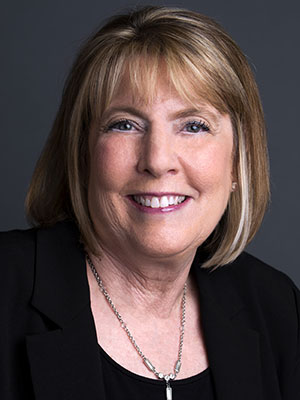 Judy Finkelstein-Taff, Head of School at the Chicago Jewish Day School (CJDS) since 2004, is a life-long Jewish educator who has worked across a spectrum of educational venues and imbued students, parents, colleagues – and everyone she touches – with a passion for learning, connection and growth that is deep and pervasive.
Judy Finkelstein-Taff, Head of School at the Chicago Jewish Day School (CJDS) since 2004, is a life-long Jewish educator who has worked across a spectrum of educational venues and imbued students, parents, colleagues – and everyone she touches – with a passion for learning, connection and growth that is deep and pervasive.
Appointed to head CJDS beginning in its second year, Finkelstein-Taff brought experiences and perspectives from her own upbringing, education and career to firmly establish and grow what is now one of the most highly regarded Jewish day schools in the Chicago area.
“CJDS is rooted in a strong mission, but the success of the school is the result of the hard work, dedication and creativity of Judy,” said Wendy Platt Newberger, founding president of CJDS and nominator of Finkelstein-Taff for the Covenant Award. “As an educator, Judy understands the value of culture in education, and with strategic intentionality, created one that met our mission. She has put as much heart and soul into our culture as she did into curriculum, hiring practices and board development.”
Finkelstein-Taff’s success as an inspiring educator, leader, team-builder, and counselor – guided by a vision for how a pluralistic day school should feel and look – is reflected by a variety of indicators. The outstanding and meteoritic growth of the school, from seven students entering first grade when she joined CJDS, to more than 180 in junior kindergarten to eighth grade today, is but one.
Less tangible, but no less real, is a purposeful diversity of thought pervading nearly every aspect of the school, promoting a sense of community, cooperation and respect among all stakeholders and across denominations.
As Head of School from the near beginning, and with a near-blank slate, Finkelstein-Taff was devoted to building such a culture, brick by brick. For example, she created real mechanisms for the involvement of Reform, Conservative and Modern Orthodox rabbis on the school’s board, sought the active involvement of parents from the start, and built bridges to other Jewish and secular schools in the Chicago area.
Integral to her educational philosophy, she seeks to make a welcoming home and destination for not only students, but also for their extended families and for the community at large. Her presence is felt everywhere, from the weekly Kabbalat Shabbat, to a program engaging students’ grandparents and weaving a multi-generational thread through the school’s culture.
Finkelstein-Taff traces her commitment to Jewish education and community back to Phoenix, Arizona, where her parents were committed to Israel and Jewish community, and were among the founders of the first Jewish day school in the area.
A seminal moment in her life, she said, was her involvement in the movement to free Soviet Jewry in the mid-1970s, and meeting prominent Jewish dissidents in Moscow.
“This important mission so many years ago confirmed for me the importance of Israel as the Jewish homeland and the precious gift of Jewish identity that individual Jews must guard. Helping children develop their Jewish identities and connections to Israel is critical to producing a strong future for the entire Jewish community.”
Before becoming Head of School at CJDS, Finkelstein-Taff served as Director of Judaic Studies at Abraham Joshua Heschel Day School in Northridge, CA, and as Assistant Director of Camp Ramah in Ojai, CA.
She said she views Jewish education, in its many forms and iterations, as sacred work.
“There is a midrash often connected to the receiving of the Torah in which God is searching for guarantors before giving this important and precious gift to the Jewish people,” she said after receiving word of her Covenant Award. “At first, the people offered their patriarchs, then they offered all of their riches, precious metals and stones, but when they finally understand that God is looking for something more, they offer their children as the guarantors. They know children are the priceless gifts who will insure the Jewish future.
“I believe the Covenant Award sends a powerful message to those of us involved in Jewish education and to the community at large that this midrash is still relevant in 2013. To me, this award symbolizes the work that all Jewish educators do on behalf of our most precious gifts, our children, who are our future and represent our continuity.”
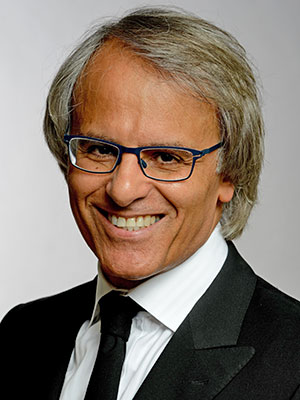 Zion Ozeri, Founder and Creative Director of The Jewish Lens, combined his longtime occupation as a photographer and documentarian of Jewish life around the world with a new role as Jewish educator, creating a unique blend of experiential and traditional Jewish education pulsating with the promise of 21st century media.
Zion Ozeri, Founder and Creative Director of The Jewish Lens, combined his longtime occupation as a photographer and documentarian of Jewish life around the world with a new role as Jewish educator, creating a unique blend of experiential and traditional Jewish education pulsating with the promise of 21st century media.
Ozeri founded The Jewish Lens in 2004 to couple the emotional impact of photography with more traditional, text-based learning, enabling students to express and interpret through their own photographs and commentaries.
With it, he was ahead of the technological curve in Jewish education, and a prognosticator of how it could elevate and create new forms of teaching and learning. He still is, as he continues to push it into new realms and evolve it as a methodology adopted in classrooms in the United States, Israel and elsewhere.
“Zion Ozeri long ago recognized the vast power of the image in our lives and harnessed it as a mechanism for the transmission, exploration and discovery of Jewish identity, values and people,” said Alisa R. Doctoroff, Chair of the Board of UJA-Federation of New York and Ozeri’s nominator for the Covenant Award.
“Believing that arts and experiential education are important partners to traditional instruction, and understanding, as well, the challenge of providing meaningful Jewish education for a generation raised on the Internet, he developed The Jewish Lens. The program helps students to read images as another rich text for learning about Jewish community, values and identity; it also engages them in expressing their own understanding of these by turning their lenses on the world around them.
“One of the key elements of his success has been his enthusiasm for the project of Jewish education writ large and for the importance of engaging students, young and old,” she said.
Since its inception, The Jewish Lens has involved thousands of students in hundreds of Jewish schools, camps and other educational settings in the United States. More than 50 schools use the program in Israel, the curriculum itself is in its third edition, and a recently announced partnership with The Center for Educational Technology will lead to creation of a new online, interactive platform.
Ozeri was born in Israel, was an IDF tank commander, attended Bar-Ilan University and graduated from Fashion Institute of Technology and the Pratt Institute. His interest in the Jewish arc led him to travel the world to capture the Jewish soul and document through photography often remote and little noticed Jewish communities, beginning in Yemen, the land of his own ancestry.
His works have been published and exhibited around the world, from The Israel Museum in Jerusalem to the Skirball Cultural Center in Los Angeles. He envisioned what would become The Jewish Lens about 10 years ago during an exhibition of his own work in Southern California. Teachers at an area Jewish day school broached the notion of using photography as a tool within a formal educational setting and the program incubated there.
“We are seeing nothing short of a revolution in the way our younger generation communicates and uses social media,” he said. “They are equipped with digital cameras and phones and are constantly posting images through Facebook and text messaging and other mediums.
“Within this dynamic environment, I hope to empower them to reflect on Jewish teachings and values, use photography and images as a language with which to express themselves, and infuse Jewish education with a creativity that goes beyond just memorizing things that were said thousands of years ago and since.
“This prestigious award validates my ongoing lifetime work, and will amplify the impact The Jewish Lens has had on many communities in the US and Israel. Personally, it will give me the credence to push forward with making The Jewish Lens curricula even more popular throughout the Jewish world.”
For guidelines on nominating an educator for a 2014 Covenant Award, and to view a list and biographies of past recipients, visit www.covenantfn.org/awards.
The Covenant Foundation is a program of the Crown Family Foundation and the Jewish Education Service of North America (JESNA).
